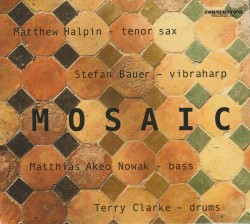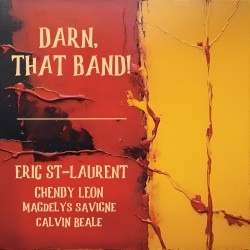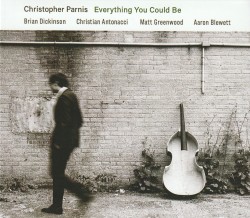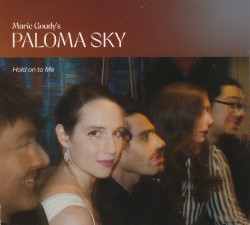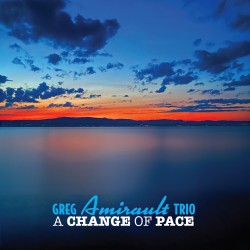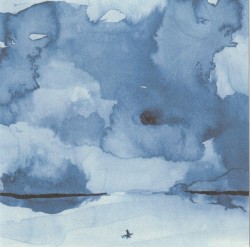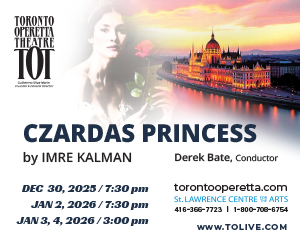Neil Swainson: Here For A While - Neil Swainson Sextet
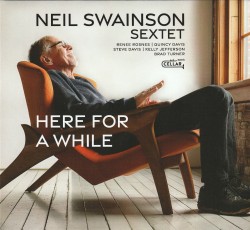 Neil Swainson – Here For A While
Neil Swainson – Here For A While
Neil Swainson Sextet
Cellar Music CMF022024 (neilswainsonquintet.bandcamp.com/album/here-for-a-while)
Bassist Neil Swainson is taking a playful, back-handed swipe at us (Canada and others alike) saying that he’s been Here For A While. He has been here for quite a while. In fact, bass-playing associate Steve Wallace informs us that Swainson has contributed mightily to music played by “Woody Shaw, George Shearing, and Roberta Gambarini…” Which leaves you wondering how this can only be Swainson’s third album as leader, especially as he has been celebrated in that music community by such leading aficionados as Don Thompson while passing like a ship in the night elsewhere.
And so, here is Swainson and his Sextet – comprising pianist Renee Rosnes, drummer Quincy Davis, trombonist Steve Davis, saxophonist Kelly Jefferson and trumpeter Brad Turner. The focus ought to be – and it surely is – not only on the fine playing by one and all, but also Swainson as an exquisite composer. That, of course, and his consummate, undefiled virtuosity and inspirational leadership.
Swainson’s sextet is in cracking shape throughout this set. The leader’s playing is both vibrant and urgent. This pays huge dividends in the pulsating, swinging opener The End of the Day and in the rest of the fare. But the composer’s artistry is hardly one dimensional. He has a deep feeling for bluesy work (cue Jerry’s Blues) and his balladry (as In the Path of Angels) evolves in fine-spun rhapsodizing that make this recording one for the ages.


